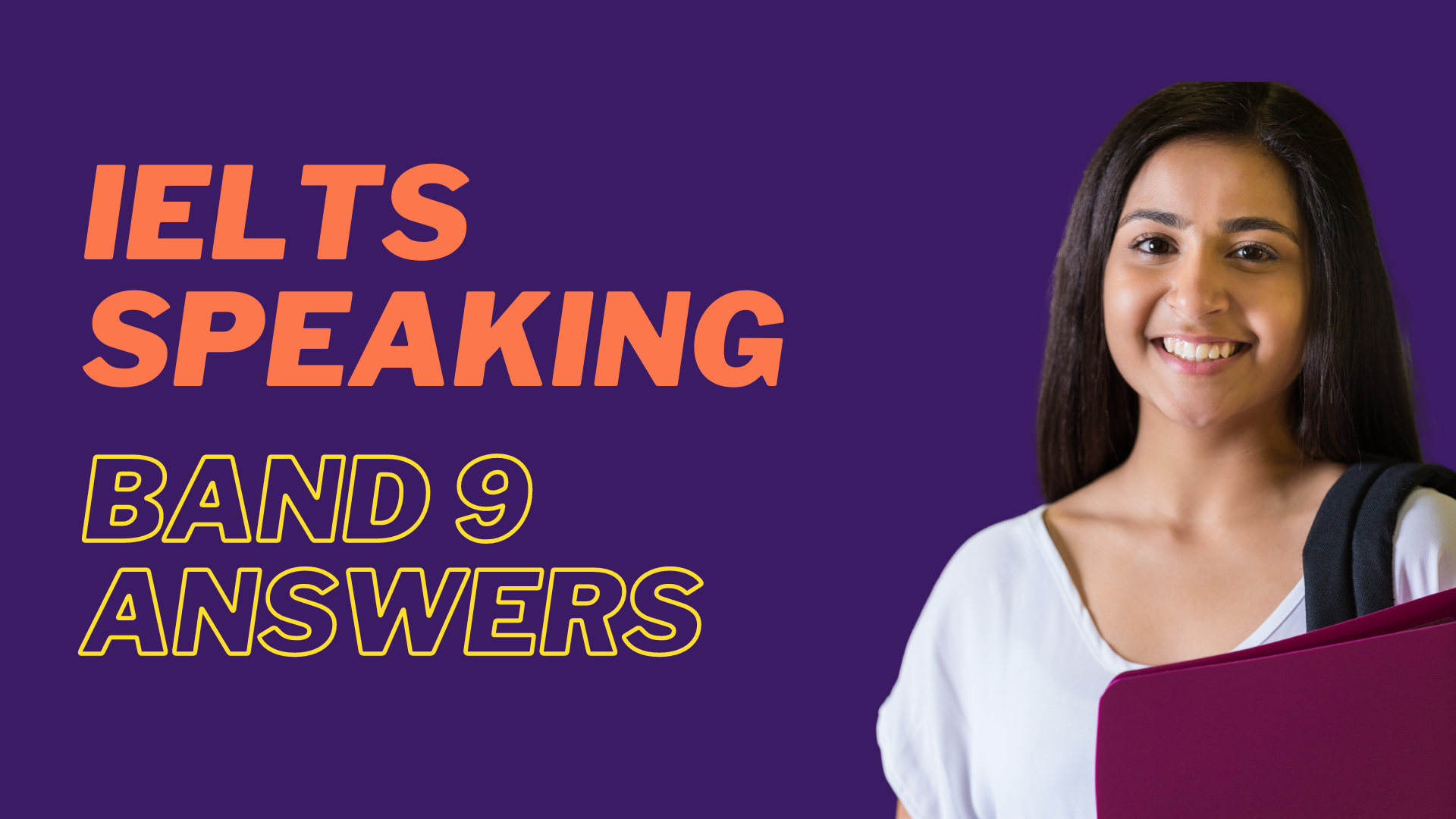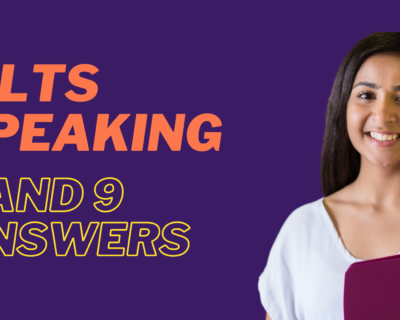Introduction:
The IELTS Speaking Part 1 arena is a diverse soundscape, where your articulation resonates through various topics. Among these, expressing your preferences between Silence and Noise takes you on a reflective journey amidst the auditory experiences of life.
As your linguistic composer, we are here to orchestrate a set of questions concerning Silence Vs Noise, paired with harmonious Band 9 answers to attune your preparation for a melodious performance in the IELTS examination.
Importance of Silence Vs Noise Questions:
The dichotomy of Silence and Noise mirrors the diverse sonic backdrop of our lives. Addressing this topic in IELTS Speaking Part 1 not only tests your linguistic ability but also explores your personal preferences, your adaptability to different auditory environments, and your capacity to articulate abstract concepts.
The rhythm of your responses could portray a nuanced understanding of how soundscapes influence your life, setting a resonant tone for your IELTS endeavor.
Sample Questions and Band 9 Answers:
1. Question: Do you prefer silence or noise?
Answer: I find solace in silence, especially during moments of reflection or when engrossed in a book. However, the vibrant energy of noise has its own charm during social gatherings or live music concerts. It’s the context that tunes my preference.
2. Question: What types of noise do you enjoy?
Answer: I relish the harmonious cacophony of nature— the rustling leaves, chirping birds, and the rhythmic patter of rain. Additionally, the euphony of music, especially live performances, carries an invigorating energy that I thoroughly enjoy.
3. Question: When do you need silence?
Answer: Silence is my companion during meditation, reading, and when delving into creative endeavors. It provides a blank canvas for my thoughts, allowing them to flow unimpeded.
4. Question: How do you feel in a very noisy environment?
Answer: A very noisy environment can be overwhelming at times, clouding my focus. However, the communal vibrance in such settings during social events or festivals is something I find exhilarating.
5. Question: Do you think cities are too noisy?
Answer: The urban symphony can indeed escalate to a clamor, often overshadowing the serene whispers of nature. It’s a reflection of the bustling pace of city life, which while energetic, can sometimes be excessively noisy.
6. Question: How do you cope with noise?
Answer: When nestled amidst noise, I often resort to noise-canceling headphones or seek refuge in quieter spaces. Also, channeling the noise, like tuning into the rhythm of a busy café while writing, can sometimes morph it into a creative fuel.
7. Question: Do you enjoy the silence of the countryside?
Answer: Absolutely! The countryside silence is a melody of tranquility, offering a respite from the relentless buzz of urban life. It’s a soothing balm to the mind, nurturing a sense of inner peace.
8. Question: Is there a place where you go when you need silence?
Answer: I often retreat to the local library or a serene park when in quest of silence. These spots offer a peaceful ambiance, conducive to contemplation and rejuvenation.
9. Question: Do you think there’s a difference between natural and artificial noise?
Answer: Indeed. Natural noise often carries a rhythmic, organic quality that’s comforting, while artificial noise can sometimes be jarring or discordant, lacking the soft, harmonious touch of nature.
10. Question: How does silence or noise affect your concentration?
Answer: Silence often cradles my concentration, creating a conducive environment for focused work. On the flip side, certain noise, especially erratic or harsh sounds, can fragment my focus, making concentration a bit of a challenge.
Engage with these questions, fine-tune the answers to resonate with your personal experiences, and you are well-orchestrated to articulate your preferences in the IELTS Speaking Part 1. Remember, your ability to convey your auditory preferences in a nuanced manner is a reflection of your linguistic finesse and your attunement to life’s sonic tapestry.









